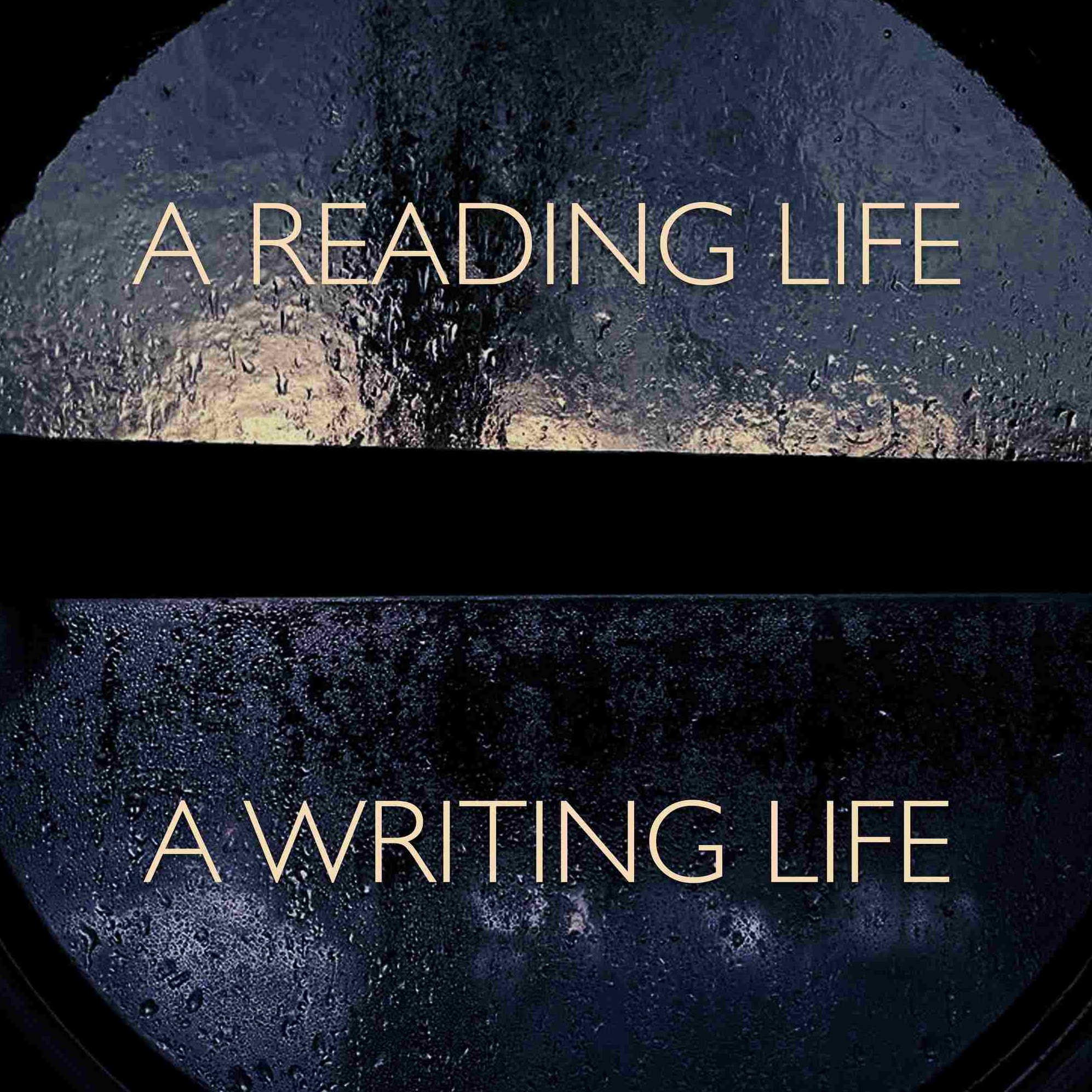
Deep Dive
Shownotes Transcript
A reading life, a writing life, with writer and teacher Sally Bailey. Amongst the bird there is a child's voice I can hear in the background. A child not wanting to do what he's being told on this
beautiful May morning, the day after May Day. Perhaps May Day makes us less pliant, compliant. I've been thinking about sound the last few days and I'm thinking about sound this morning. The birds are so loud in May and I've been thinking about how we exist in and through packages and parcels of sound which is constantly interrupting us.
car crossing the bridge just now, the birds tweeting together in loud harmony. And then a cry of a child in the background complaining. And I've been thinking about fragments and how everything that we live in and through and out and with and alongside is a kind of fragment. And I've been rereading a fragment of Virginia Woolf's Mrs. Dalloway.
because I was asked to write an essay and I was asked to write more words to my essay, so I had to find another part. And it was easy. The book fell open on a section about sound and song.
A May Day song, an ancient ballad, which interrupts the thought life of the character Peter Walsh, who is already in the middle of a long reminiscence about himself. "Peter, you think far too much of yourself," I thought to myself, me, the reader. And perhaps that's also what his former friend and lover, Clarissa Dalloway, was thinking when she saw him after all those years, now that Peter is aged 53 and still playing with his pocket knife.
Peter, Peter, Peter Walsh, who has come back from India and has reunited with his former life and with Mrs Dalloway, who he would have perhaps once married if it only had been a little more agreeable. Peter Walsh who interrupts Mrs Dalloway's sounds and songs, her recollections and reminiscences. A sound interrupted him, however. A sound interrupted him.
A frail, quivering sound. A voice bubbling up without direction. Bubbling up without direction. A sound. Vigor. Vigor beginning or ending.
Beginning or ending a sound running weakly and shrilly and with an absence of all human meaning into: E-M-F-R-M-S-O Foo-Sweet-Doo-M-O E-M-F-R-M-S-O Foo-Sweet-Doo-M-S-O E-M-F-R-M-S-O Foo-Sweet-Doo-M-O It is the sound of an old lady singing outside Regent's Park
tube station and she's singing an ancient ballad of spring. Sprouting forth from the earth these sounds: E-M-F-R-M-S-O Foo-Swee-Doo-M-O E-M-F-R-M-S-O Foo-Swee-Doo-M-O And I don't know what I'm singing but it doesn't matter because there's a rhythm and I can hear it E-M-F-R-M-S-O Foo-Swee-Doo-M-O
"I am far am so, foo-swee-too am oh" and I think that is how all of life is lived. By tapping the foot, by finding the rhythm, by lifting yourself up into sound. "I am far am so, foo-swee-too am ooh, I am far am so, foo-swee-too am oh" And any sound can sound like a question or an interrogation or a thought or a query.
or a pause or an indication of some sort of impulse. To what? To what? To what are we heading? Where are we going? This voice, where is she going?
This voice of no age or sex, the voice of an ancient spring sprouting from the earth, writes Virginia Woolf in Mrs. Dalloway. The voice of no age or sex, the voice of an ancient spring sprouting from the earth. And today as I stand here by my open window, looking out upon the forest of green nettles pressing up against
My blue boat, as I think to myself, I won't cut down those nettles, why should I? I like my green forest. Before I start to think about what I ought to be doing today, I have to lead a poetry group later at the Quaker Meeting House. And then I have to meet two students in time, always in time, those fragments and sections of time we cut out of life and call a meeting.
Because we are always looking to meet with meaning in time. But it is all artificial. It is all man-made. And underneath it all, as I watch this tiny little gnat crawl down my wooden boat shutter, with her hair standing on end, her little tentacles flying back and forth, listening, tuning in, I forget. I forget.
what it is I have to do today. I forget and I just listen to that ancient and not so ancient, there's an aeroplane going over just as there is in Mrs Dalloway sight lines as she walks down from Westminster to Bond Street. There is also an aeroplane going over overhead writing out letters in the sky.
What does it mean, they all say, the crowds below? What does it mean, those letters made of smoke? What does it mean? Perhaps if I continue to listen, I will know. Thank you for listening to A Reading Life, A Writing Life. If you've enjoyed this podcast, please like it, give us a review,
or mention us to friends or on social media. Thank you.